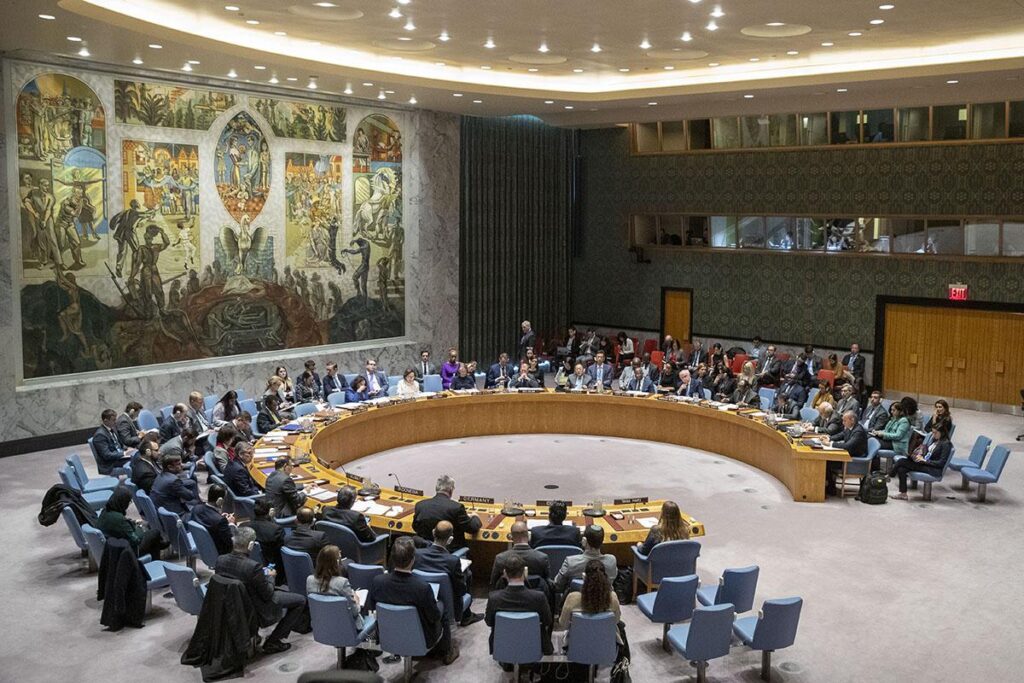By Tirthankar Mitra
It has been years since India has been trying to find a seat in United Nations Security Council. That India along with several other nations should find a place in UNSC has again been raised though the aspirant countries have nothing to do with it.
The call for inducting new members came from UK foreign secretary James Cleverly. In his recent speech at the Chatham House London Conference, the other countries he seeks to be with India at the high table are Germany, Japan and Brazil together with a country from the African continent.
Nearly two decades ago, a move for UNSC reform was mooted by the then UN Secretary General, Kofi Annan. Of the two plans he had suggested one called for the addition of six new permanent members. The other plan sought a new class of non-permanent members serving for four years. The plans did not make much headway.
It was American economist Jeffrey Sachs who in a speech years ago had underscored the need for at least four Asian seats, one of which would be permanently held by India. Another would be shared by Japan and South Korea, one by ASEAN while the fourth would rotate between the African countries.
These and several other schemes have appeared have gathered steam at different points of time. Facts remains that one and all, they fizzled out. The UNSC has been expanded before in 1965. It is high time to do so and there is no reason it could not happen again. The UK Foreign Secretary listed this reform at the top of his priorities in his speech. In the 2020s, it would usher in transnational priorities.
United Kingdom seeking to usher in this reform comes against a backdrop of events which if allowed to take their course could bring in almost irreversible shifts in the international power equations. The pitch for this reform is witnessed by deep schisms in the world order.
As India makes its presence felt in the world arena, there is a realisation arguably grudging that countries of global south led by India may be the ones to address many of these new challenges. How come India acquire this new heft?
It is not owing to its rotational leadership of important bodies like G-20. It is something much more; it is India’s ability and willingness to champion ideas that find resonance in the international mind set.
India’s proposal for the African Union to have a permanent seat meeting with acknowledgment and support is a case in point. After all, it is a fact that economic centre of gravity is shifting from Euro-Atlantic to Indo-Pacific.
By 2100, Europe’s population would have shrunk from world’s 10 per cent to its half. On the other hand, population in Africa would grow from 18 per cent to 37 per cent is a pointer to the shape of things to come.
Permanent members of the Security Council must acknowledge all these. It is their veto power which frustrates any move for expansion of members in the UNSC that the General Assembly may endorse.
Post losing its colonies of which India was considered to be “The Jewel in The Crown” UK’s role has reduced in the world affairs. Of course, India hopes powers that be among the permanent members of UNSC would lend their ears to Mr Cleverly’s words. Among all the claimants, India has the strongest case. One can very well send up a silent prayer that a man in Beijing will not say nay. (IPA Service)




 India’s IIT’s Are Going Global Focusing On The Demand In Developing Countries
India’s IIT’s Are Going Global Focusing On The Demand In Developing Countries 